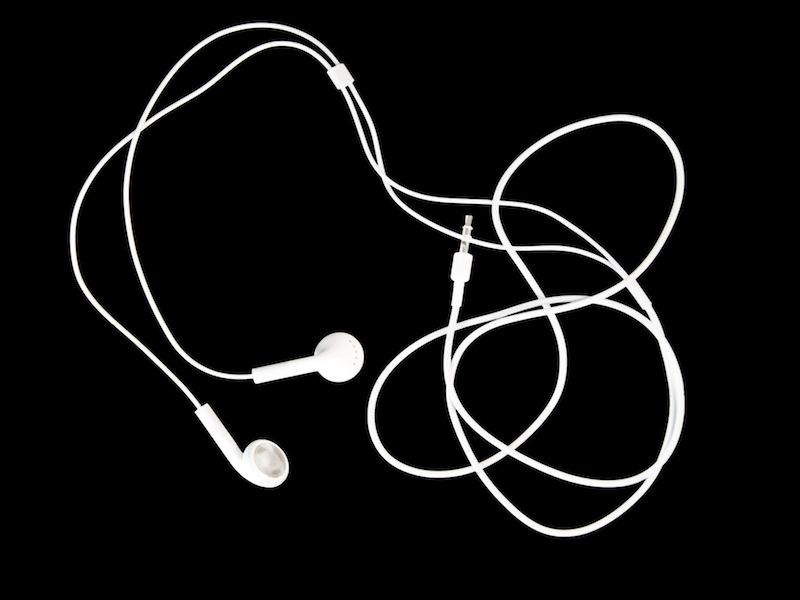
If you haven’t had your hearing checked since your grade school days, you’re not alone. It’s not commonly part of a routine adult physical and sadly, we tend to deal with hearing reactively instead of proactively. Most people neglect hearing loss, even when they are cognizant of it, for up to seven years which can significantly affect your health. As a matter of fact, over time, it’s been proven that your general health cost will go up if you have untreated loss of hearing.
The good news, So that our hearing experts to assist you, we suggest a hearing test which is simple, pain-free and offers a wide range of important information. Both to learn if interventions like hearing aids are helping you and also for diagnosing potential hearing problems. A full audiometry test is more involved than what you might remember from childhood and you won’t get a sticker or a lollipop when it’s finished but you’ll get a far clearer understanding of your hearing.
While you might not give the state of hearing as much thought as you do the health of your teeth or your eyes, it is important that you regularly get your hearing tested. You might not recognize an issue with your hearing for some time. Loss of hearing usually occurs gradually, and the sooner you detect an issue with your hearing, the sooner you may be able to deal with it.
When Should You Be Examined?
Normally the hospital will test newborns for hearing loss before they release them. Teenagers should be screened during regular exams with their physicians and children should have formal hearing tests at the ages of 4, 5, 6, 8 and 10 years old according to The American Academy of Pediatrics.
If you are in between the ages of 18 to 45, it is suggested that you have your hearing tested every five years and then more frequently as you age. You should get checked every three years if you are between 46 and 60 years old and then every two years after you turn 60. But don’t allow that to stop you. Your unique circumstances will determine when you should be a test. If you find that your hearing isn’t what it once was, you should have it checked right away. A number of health issues are associated with untreated hearing loss, like increased danger of falling, cognitive decline, and depression. It can also influence your relationships and your ability to work effectively.
There are also some situations in which you should get a hearing exam as soon as you can to address loss of hearing that could get worse. The following scenarios suggest that you need to get a hearing test immediately:
- Your ear was infected, or there was a buildup of earwax
- You are experiencing a constant ringing in your ears
- You are experiencing vertigo
- Conversations are difficult to hear when you are in a crowded area especially
- You find yourself having to constantly ask people to repeat themselves
- Pinpointing where sounds are coming from is difficult
Whether you are at risk of hearing loss is another consideration. As an example, if hearing loss runs in your family or you are subjected to loud noises regularly you should get your hearing examined more frequently.
There are also over 200 ototoxic medications. From Aspirin to certain antibiotics, these drugs can be very bad for your hearing. Consult your doctor to make certain any medicines you are taking aren’t impacting your hearing. Think about getting your hearing tested more regularly in order to address any hearing loss immediately if you are using any ototoxic medications.
Also, think about how your habits could be affecting your hearing loss. Constantly using your earbuds? There’s been a noticeable increase in younger people with hearing loss, which many experts connect to the increased use of earbuds and other headsets. Loud concerts, shows, or machinery can also do considerable harm to your ears. If you feel that it’s time for you to get your hearing tested, schedule an appointment today.